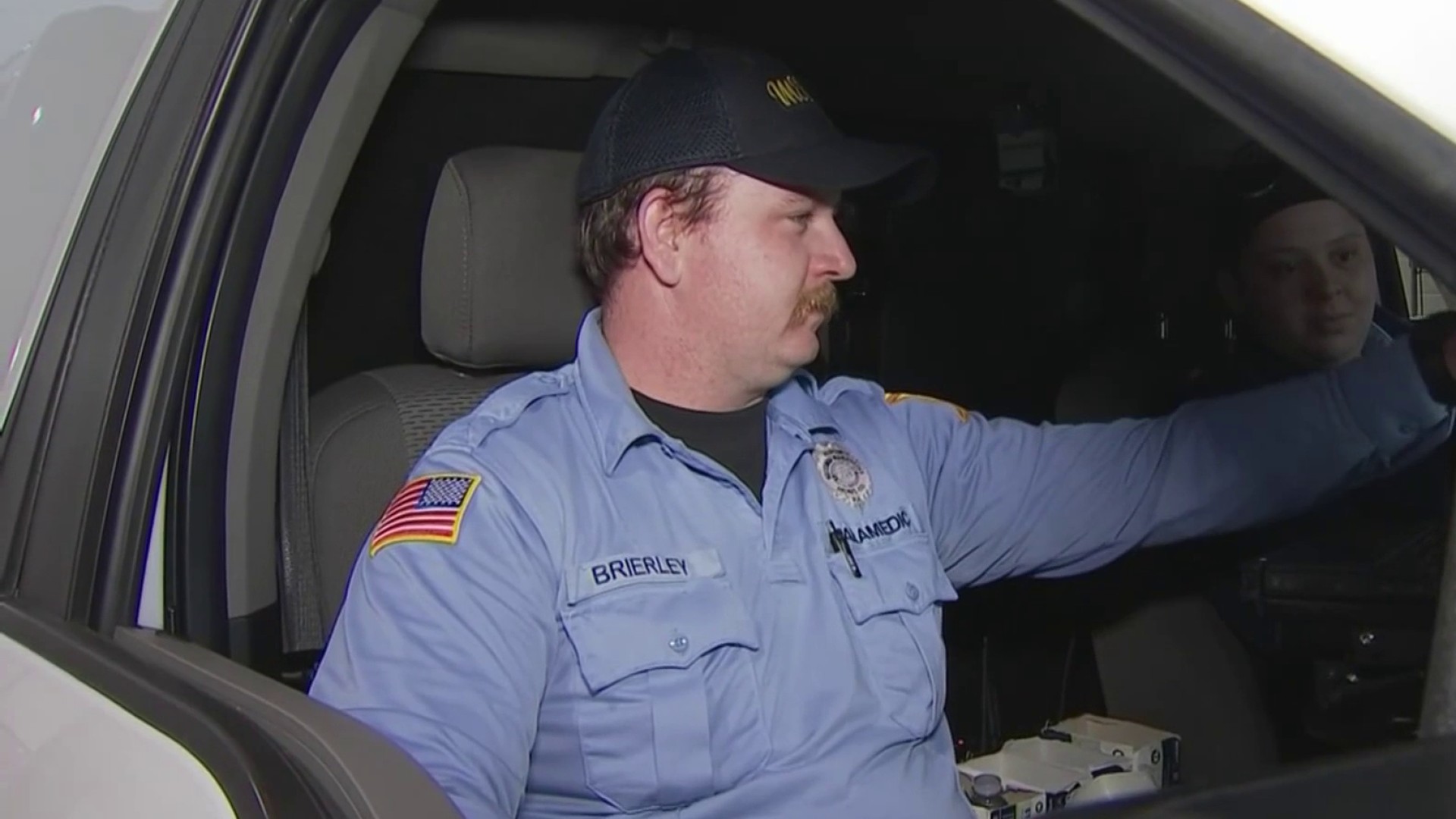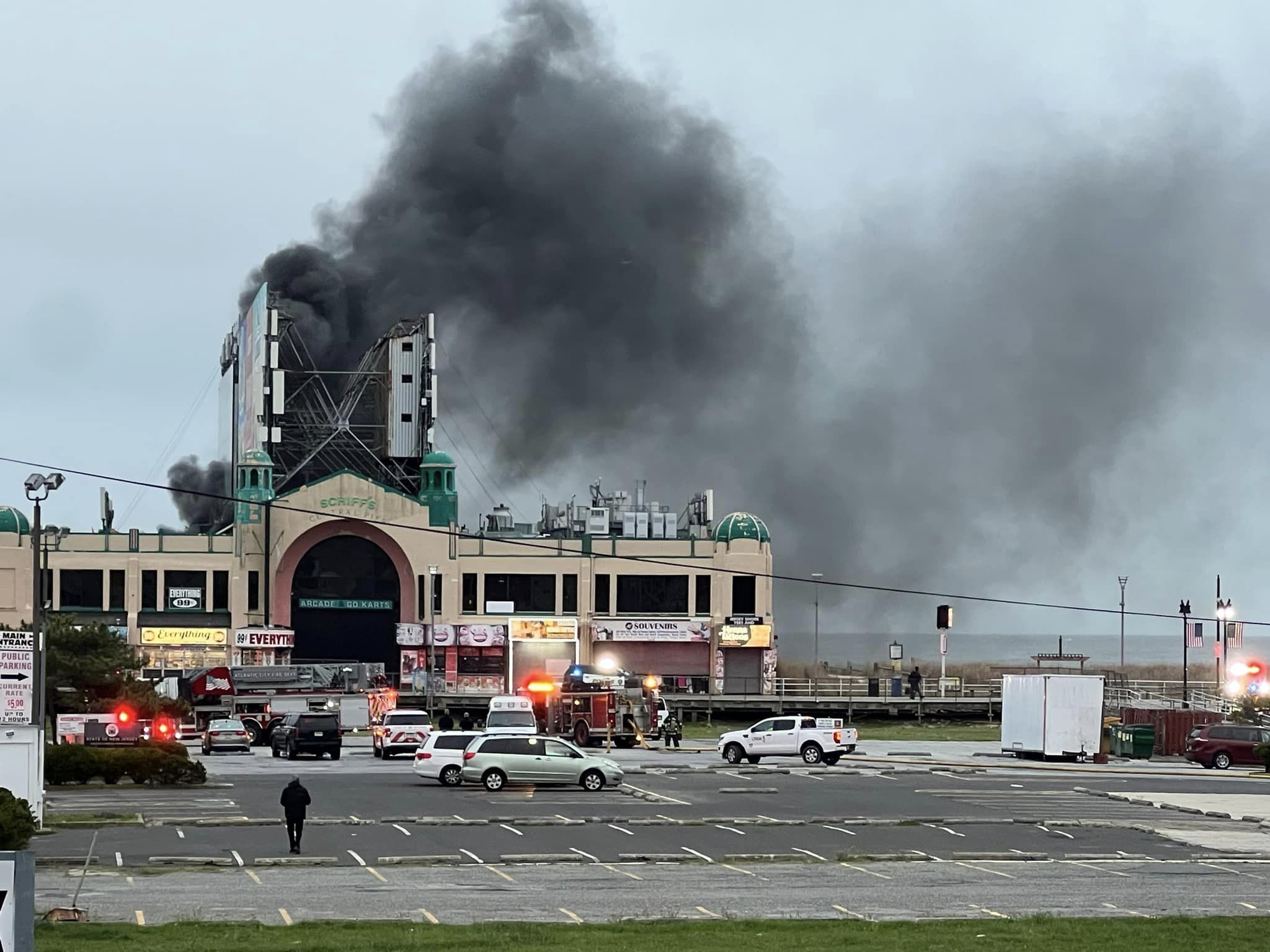Philadelphia's Police Department, like many others around the country, is in the midst of a plan to invest in body cameras.
The department will purchase 450 of the devices for officers next year with plans to outfit the city's entire force with them by 2019.
WHYY talked to Katie McCarthy, a third-year Harvard law student who works at the school's law clinic representing low-income defendants. McCarthy recently wrote "Considering Police Body Cameras" for the Harvard Law Review, a piece on research she's done into the implications of police departments adopting the technology.
WHYY: The long-term effects of body cameras are not yet established, but there are also some tricky legal questions that come along with using the cameras, right?
Local
Breaking news and the stories that matter to your neighborhood.
McCarthy: "There's not really a legal regime set up for it yet. We're going to come to rely so much on this technology, and it will inevitably change how policing functions. But nobody has really thought that much about it."
WHYY: What are some of the privacy worries?
McCarthy: "These are frequently going to be intimate interactions, and they're going to be people sort of in their worst moments, and so you have concerns about the individuals who are featured on the film, which may or may not be the suspects, and whether they want that shared. And the question of who exactly can get access to it."
WHYY: Haven't some police departments attempted to be more open with footage?
McCarthy: One in Washington [state] was subjected to requests by an individual for every single second of dashboard and body camera footage. And of course, I wouldn't advocate for that either. It's not cost effective. It's not possible for the police department. But if you make it too difficult to access, then are you going to see the benefits of transparency that have come from an individual filming the police and then circulating that? [That's] catalyzed this current movement as a whole, people documenting the police and showing it. You scroll through your Facebook and you see new videos every day. So I wonder what happens when you shift that locus from citizens to the police."
WHYY: If the footage is in the government's control, shouldn't the public be able to access it through open records requests?
McCarthy: "Because of the way open records are in so many states now, you have some form of an exemption if there's an ongoing investigation. And the courts already tend to be pro-police, and if you make any kind of public safety argument, no judge wants to be on the wrong side of that. It can become very difficult for people to gain access to that."
WHYY: You mention that public defenders are generally split on the question of body cameras. Can you elaborate?
McCarthy: "Depending on what their experience has been in the past, and what their level of skepticism is of the police. Undoubtedly in certain cases, like when you look at the Walter Scott case, it's led to actions that we would be in favor of. On the other hand, I have the sense, based on historical trends, that ultimately the technology will end up benefiting the police in the vast majority of cases.
"They're going to be patrolling predominantly low-income, minority neighborhoods with the cameras rolling. And it's very likely that they record more drug buys, and that's going to be used by the prosecution. So there's not going to be any issue for prosecutors accessing footage that they might want from the police, but it's going to be much more difficult for public defenders, who might have to litigate to get that from the police department.
"Now, ostensibly, they're supposed to turn it over. They have Brady obligations that say if it's exculpatory, they have to turn it over. There have been so many cases already with dashboard cameras, and even with the new body cameras, and they say the footage is missing. Or it hasn't been discovered until a later date. "
WHYY: Why shouldn't the Walter Scott case be cited in advocating for more body-worn cameras?
McCarthy: "In the Walter Scott case, we could see everything, because it was being filmed by a third party. But you're going to have it filmed from the perspective of the officer. And if you watch body-camera footage, it can be very confusing. I'm not sure it's going to lead to these crystal-clear images that tell a one-sided story. I think, in the cases that it does, it will be even more frequently used against my clients than it is officers."
WHYY: In some other countries, including the UK and Canada, police couple body-worn camera footage with facial recognition technology. Can you talk about this?
McCarthy: "They've now perfected an essentially instantaneous facial recognition software that pulls from criminal databases, pulls from Facebook, pulls from other social media and pulls from body-camera footage, and they can identify people, real time, on the ground. When you're looking at communities that have outstanding warrants, that are going to have outstanding child support, it's going to make it that much easier for those individuals and for the government to surveil these communities.
WHYY: How do you think communities will respond to that facial recognition technology if it's applied here?
McCarthy: "If you step outside your home, then you're identified, picked up and dragged into court and become further entangled in the criminal justice system. That makes me wary. The increasingly watchfulness of the government does make people nervous."
WHYY: So, in the end, do you think body cameras are worth it?
McCarthy: "I think there will be these big cases that get blown up in the media where the body-camera footage does show the officer doing something really wrong, and people will be indignant and outraged. But if you talk to public defenders about the day to day of what we deal with for our clients, it feels like on the whole it might not be worth it. I'm not sure it's the only way we can combat the current abuses that you see from the police."
WHYY: You don't see any upside to the technology? Surely it will bring greater clarity in some cases, right?
McCarthy: "There can be greater transparency and accountability. There's huge value in that. We're perhaps at a watershed moment. But what makes me wary of body cameras is we have this human tendency, when we have a complex problem -- this is an intersection of race, class, education and of the criminal justice system -- we want to look for an easy solution that we can throw money into. That sounds great. It's a beautiful headline. Politicians can run on that. But it's not really fixing the underlying problems, and I worry it makes it too easy to look away from those."



